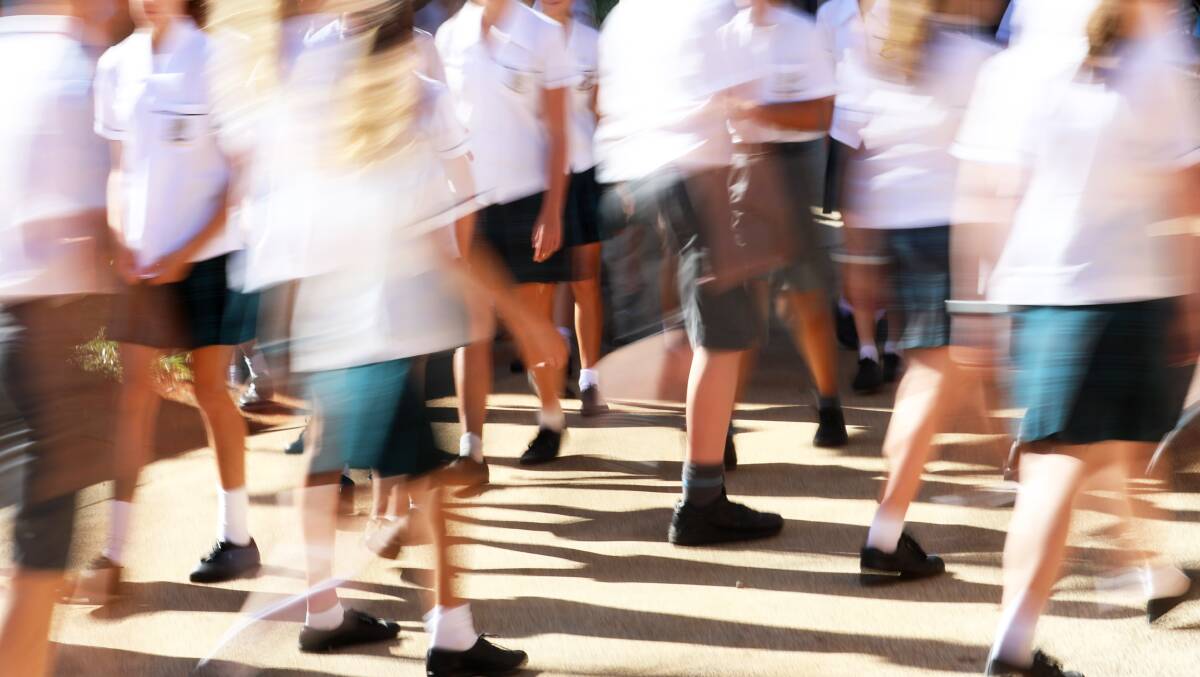
Shocking results stemming from the Royal Commission into Victoria's mental health system which showed high levels of anxiety and substance abuse among children under 14 has sparked a $200 million boost to resources.
Subscribe now for unlimited access.
$0/
(min cost $0)
or signup to continue reading
Helping students with mental issues in regional primary schools, especially areas such as Wodonga which already suffered from a health crisis in other areas, would be a key focus of the Mental Health in Primary Schools Program.
Minister for Mental Health and Education James Merlino said several issues were pinpointed during a pilot program conducted with 100 schools across the state, including bullying and anxiety problems among children at a young age.
Mr Merlino said the program would embrace a recommendation from the royal commission that the program uses rural and regional Victoria as a starting point.
"We already knew that our mental health system was broken," Mr Merlino said.
"The commission exposed starkly just how broken that system was and the tens of thousands of young people and adults who simply could not get the services they needed."
IN OTHER NEWS:
Mr Merlino said he was shocked that research and findings from the pilot program showed half of cases of anxiety, mood, impulse control and substance use disorders manifested by the age of 14.
"That's a particularly shocking figure," he said. "More than half by the age of 14, but they can be much, much earlier.
"That's why every primary school that I've visited talked about the mental health needs of their kids - we started with kids in the secondaries - now we're engaging in primary schools.
"The commission recommended we deliver this menu of mental health services that schools can choose from and that we start in rural and regional Victoria which is exactly what we've done."
Mr Merlino said the mental health program for primary schools project would be rolled out to "every single government primary school and every single catholic and independent low-fee primary school in Victoria" which included 1800 school campuses across the state across the next four years.
He said the program was about early identification, early prevention and referral to other support services if the need arose.
"Rather than wait until these significant mental issues manifest at age 14, 18, 20, 25, if we can engage with a child and their family in grades 3-5, imagine what a difference we can make," he said.
"This makes a world of difference and it's about young people - teachers, staff students - to talk about mental health concerns."
To read more stories, download The Border Mail news app in the Apple Store or Google Play.
Our journalists work hard to provide local, up-to-date news to the community. This is how you can continue to access our trusted content:
- Bookmark
- Make sure you are signed up for our breaking and regular headlines newsletters
- Follow us on Twitter: @bordermail
- Follow us on Instagram @bordermail
- Follow us on Google News


